Harvard Prof’s Andrew McAfee and Karim Lakhani have just completed the first ever Harvard Business School case on Wikipedia, which largely focuses on the infamous Enterprise 2.0 debate. Enterprise 2.0 has undeniably become mainstream since the original debate – just check out the Enterprise 2.0 Conference in Boston.
There is some irony in this situation though: The deletionist argument was that “Enterprise 2.0” is not original and there are not enough independent references. Well, what better reference and validation that a Harvard Case Study? (Of course hard-core deletionists could still argue that the Study is not about  Enterprise 2.0 as such but the debate itself, and as such self-referential and unacceptable as an independent source…)
Enterprise 2.0 as such but the debate itself, and as such self-referential and unacceptable as an independent source…)
Why Epilogue to the Epilogue? Because I’ve already written an epilogue to the debate.
(Photo: Prof. Andy McAfee moderating a panel on Enterprise 2.0 with fellow Enterprise Irregulars Jeff Nolan, Ismael Ghalimi, Rod Boothby and yours truly).
Tags: wikipedia, enterprise 2.0, wikipedia debate, deletionists, inclusionists, harvard business school, hbs, harvard case study, enterprise irregulars

 My regular readers know I’m a big
My regular readers know I’m a big 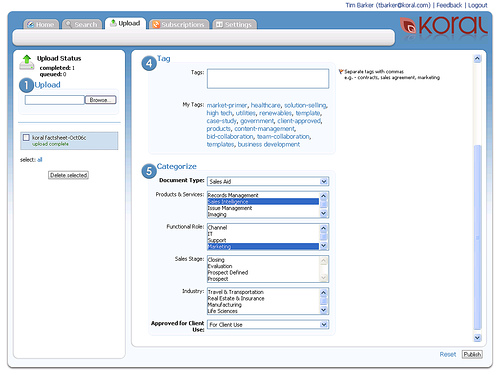
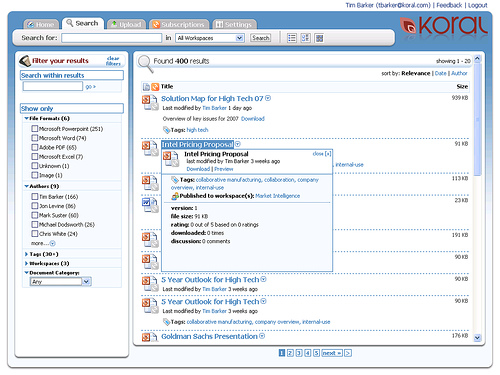
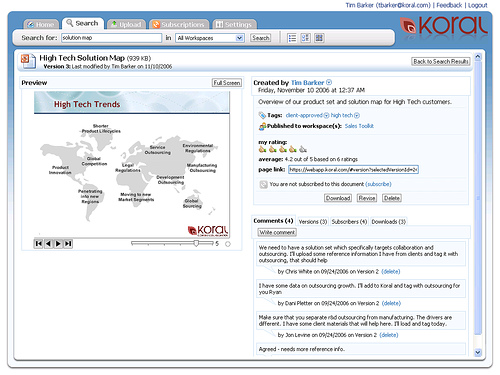
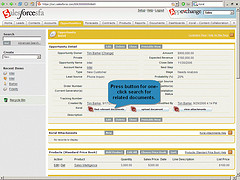
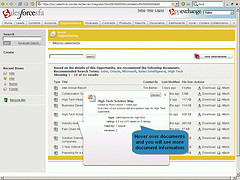

 SAP held major internal announcements and demos of its
SAP held major internal announcements and demos of its 

 24SevenOffice
24SevenOffice
 (Updated)
(Updated)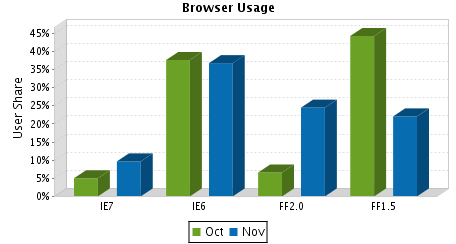
 ). Clearly, the majority of new IE7 users are not IE6 upgraders, they came from the Firefox camp.
). Clearly, the majority of new IE7 users are not IE6 upgraders, they came from the Firefox camp.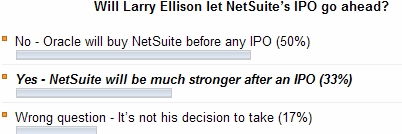

 My first thought was deja vu… I myself reported on Mike and Scott winning the
My first thought was deja vu… I myself reported on Mike and Scott winning the 




Recent Comments